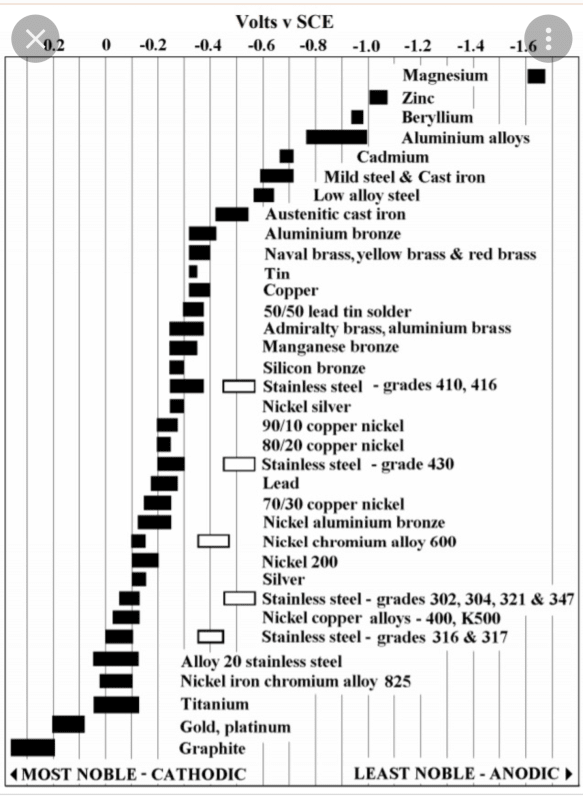Henrique Orlandini
Mechanical
I'm currently working on a seawater piping service and I need to selected the proper gaskets to avoid corrosion due to seawater in contact with super duplex steel.
For seawater, I was told that the "rule of thumb" was to always use PTFE as a filler for spiral wound gaskets, since graphite filler isn't compatible at all with seawater. But reading NACE paper 07262, I can see that PTFE also performs poorly in contact with seawater. So in a situation where the seawater manages to "leak" into the gasket sealing area, I understand that both graphite and PTFE will allow crevice corrosion to eventually happen.
If I follow the recommendation from the same NACE paper on flat gaskets, I should be using Neoprene or FKM for the filler - if those are actually commercially available is something to consider also.
Is my understanding on filler material for seawater correct? Even though we've been using only graphite and PTFE filler for ages and our customers usually accept those, I would not like to see some warranty situation for flange corrosion in seawater services.
For seawater, I was told that the "rule of thumb" was to always use PTFE as a filler for spiral wound gaskets, since graphite filler isn't compatible at all with seawater. But reading NACE paper 07262, I can see that PTFE also performs poorly in contact with seawater. So in a situation where the seawater manages to "leak" into the gasket sealing area, I understand that both graphite and PTFE will allow crevice corrosion to eventually happen.
If I follow the recommendation from the same NACE paper on flat gaskets, I should be using Neoprene or FKM for the filler - if those are actually commercially available is something to consider also.
Is my understanding on filler material for seawater correct? Even though we've been using only graphite and PTFE filler for ages and our customers usually accept those, I would not like to see some warranty situation for flange corrosion in seawater services.

